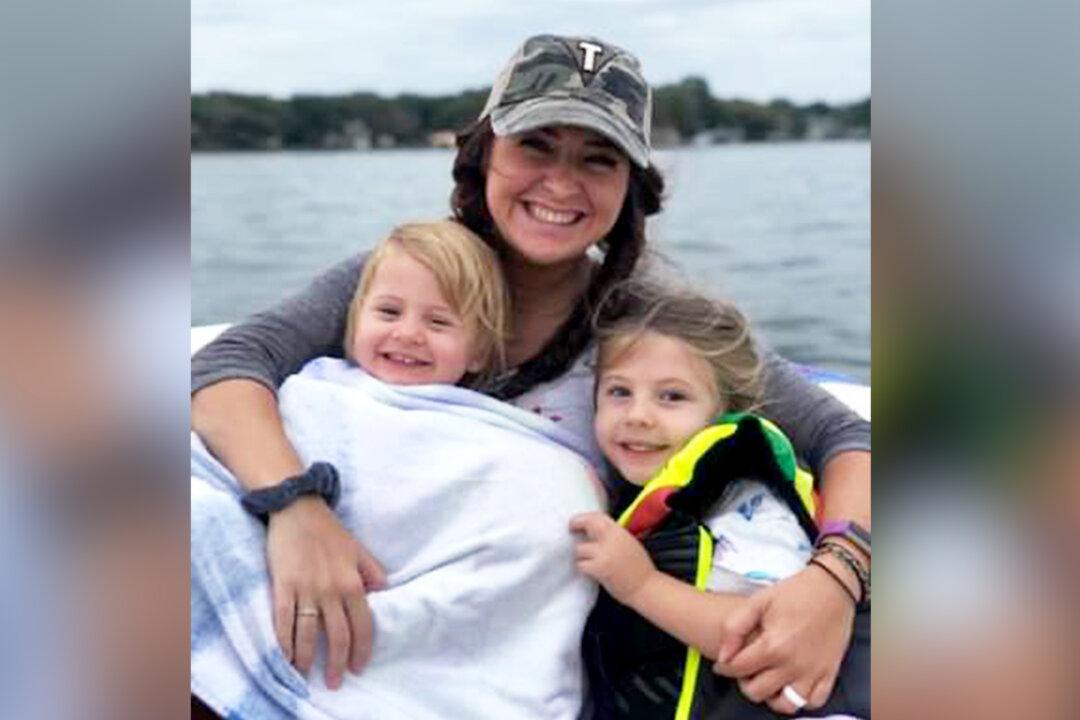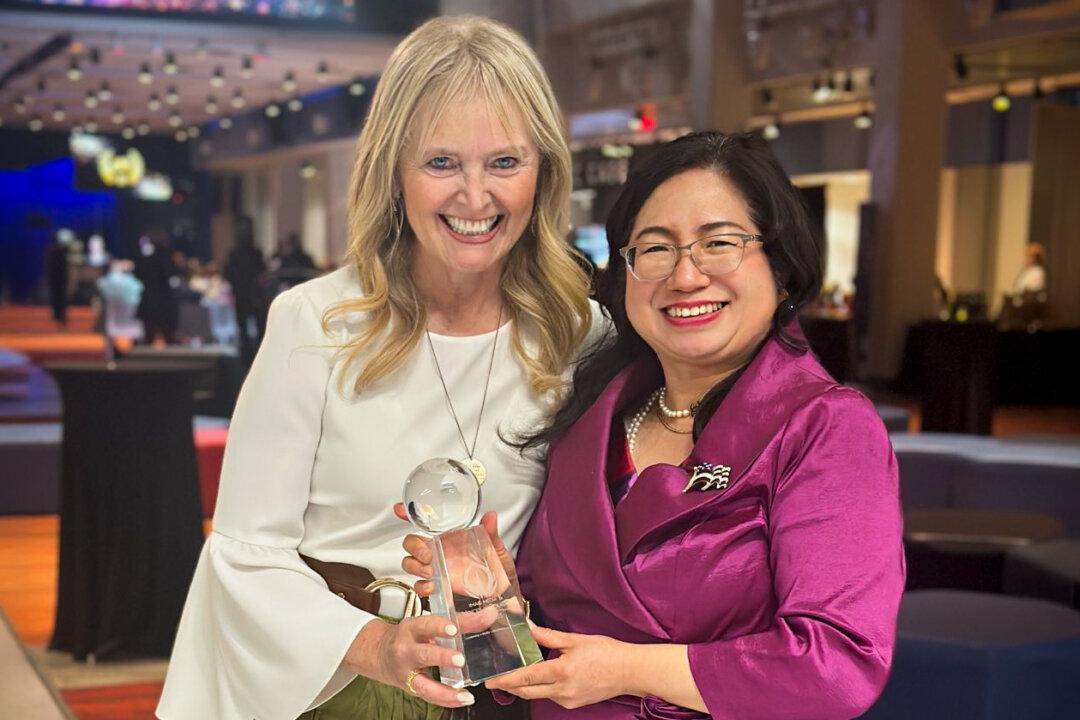A mom of two found herself drinking alcohol every day during the onset of the pandemic. However, while listening to a woman share her story on her favorite podcast, the Texas mom had an epiphany. At that moment, she decided she never wanted to drink again.
In 2019, Lainy Warnecke, from McKinney, had intended to take a break from alcohol. To stop drinking for a while, she attempted Annie Grace’s 30-day alcohol experiment and even made it last a few weeks longer. But the full-time working mom felt she was missing out on a few things.






